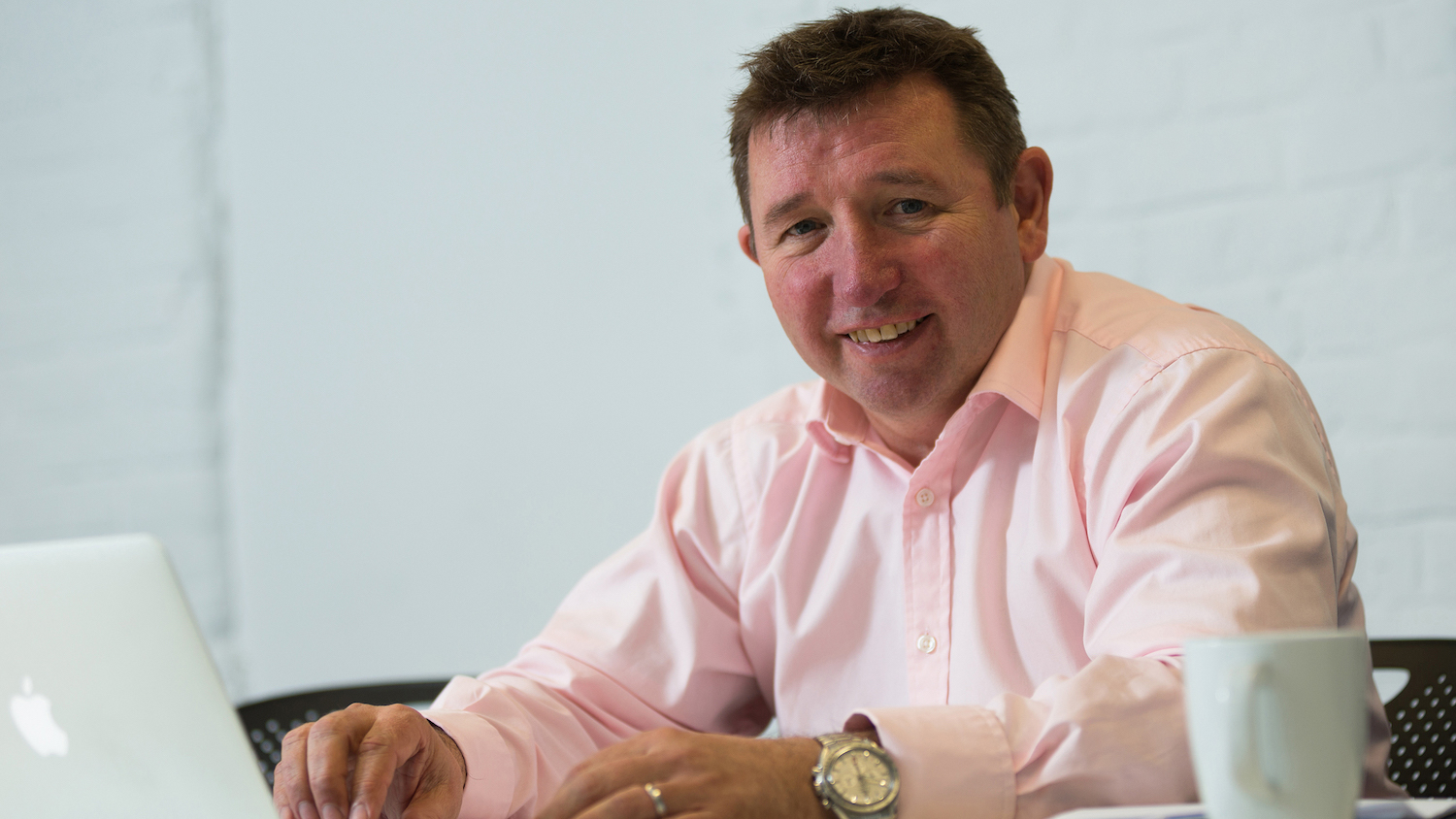
This much I know: ‘Seek forgiveness rather than permission’
Mark Thompson, managing partner at Ryder Architecture, discusses the empowerment of young people and delivering value in local communities
What attracted you to the industry?
1988 was somewhat reminiscent of today – uncertain economic times and increasing interest rates, with the added feature of high unemployment through mass redundancies.
Unfortunately, I was one of those affected and was made redundant from my role as an engineering apprentice at British Shipbuilders.
So, with unemployment and mortgage interest rates at record levels and a wedding on the horizon, it was quite simply the urgent need to find employment that first attracted me to the sector.
On leaving school I’d declined offers from Laing and Mowlem and instead chose to pursue mechanical engineering in the shipbuilding industry, as I was interested in the CADCAM technology they employed.
The CAD experience I gained turned out to be my golden ticket. When responding to an advert for architectural and engineering technicians at Ryder, I was able to cite my CAD skills.
At the interview I offered to provide CAD training to Ryder colleagues and to switch my studies at the then Newcastle Polytechnic from production engineering to construction – I got the job!
I later went on to study project management and business at Newcastle University before becoming a director of Ryder in 1994.
What has changed most about the built environment since you joined the sector?
Quite a bit – from procurement processes and the advent of CAD, an increased emphasis on health and safety, to more latterly the introduction of building information modelling (BIM).
Global warming was being talked about when I first started my career, but not enough people took it seriously and I’m embarrassed to admit that my generation has not done enough in this regard.
In 2018, I co-authored the Ryder publication Reinvention – For an Exceptional Construction Industry. It includes reflections on some notable milestones in the sector – Lathan, Egan, the financial crisis, Wolstenholme, Farmer, Grenfell, climate emergency and Carillion’s collapse.
The publication also tackled some of the ongoing changes required to create a more coherent approach to education in the construction industry, which has always been fragmented.
For too long training programmes haven’t evolved, leading to the skills shortages that the industry has been battling to overcome for years.
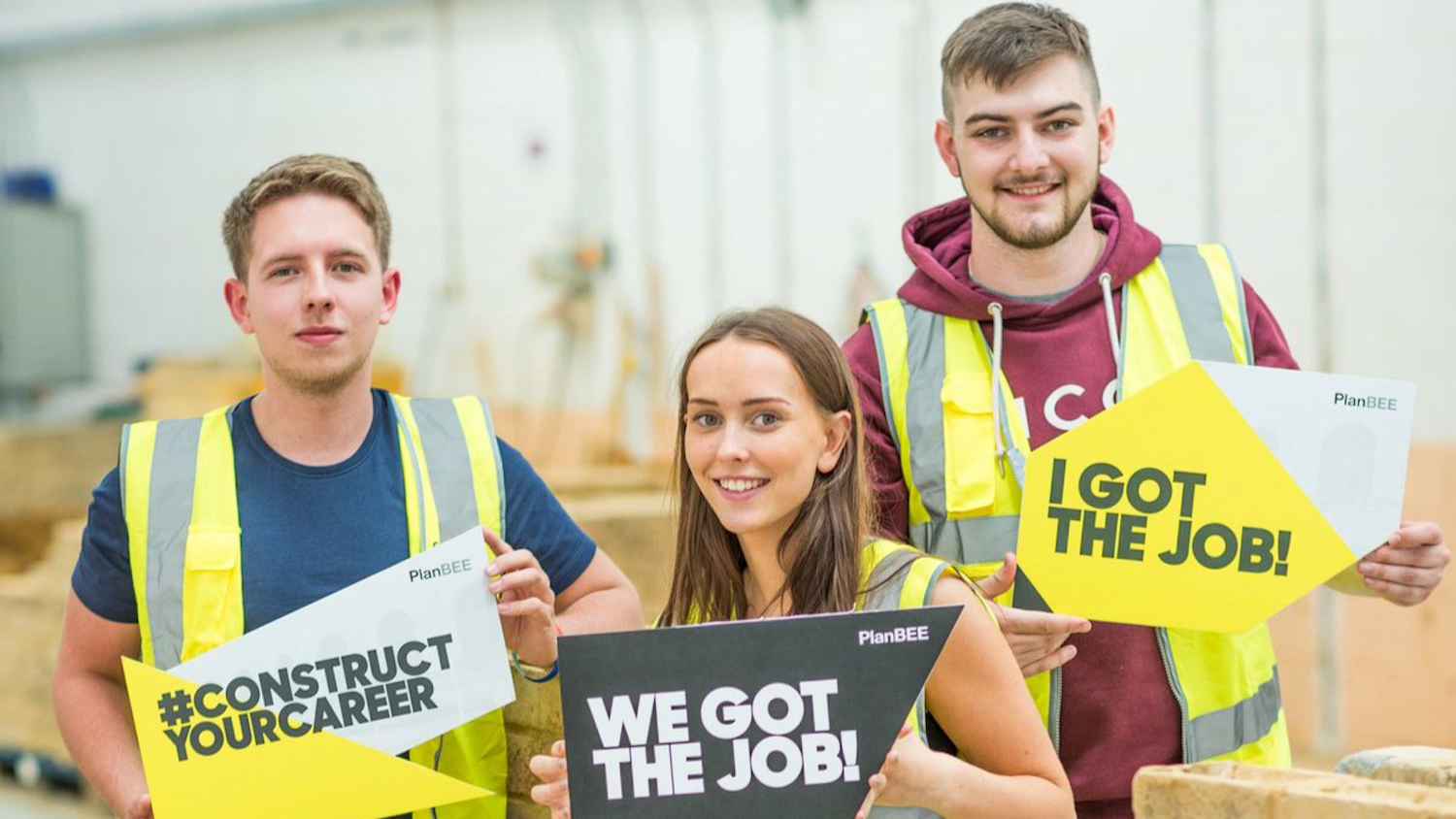
Working with Gateshead College in 2016 we developed PlanBEE – an innovative apprenticeship programme – which has been hugely successful in Newcastle and Manchester. We’ll be announcing further UK and international expansion later this year.
What is the best career advice you have received?
Be ambitious, go the extra mile, and ensure you enjoy what you do. I’ve been the first, I think I’ve done the second, and I’ve had great fun along the way.
Empowerment is also a big thing for me – encouraging young people to assume authority and to seek forgiveness rather than permission.
As a practice, I believe we go further than most in our commitment to the development of our young leaders. I encourage them to go into every project with the determination to make a positive difference.
What project have you worked on that you are most proud of?
Reflecting back on 35 years at Ryder, although there are many building projects that I’m proud of, it’s the successful development of the business – from a local practice of just 14 people – that I’m most proud of, as well as the development and growth of so many colleagues along the way.
Many are still with us, while others have gone on to achieve great things elsewhere.
We’re now more than an architectural practice. We’re a team of teams, with diverse and extensive expertise.
Empowerment is a big thing for me – encouraging young people to assume authority and to seek forgiveness rather than permission
We lead projects in our unique integrated way, delivering exceptional value and a positive impact for our clients and communities. Today, we employ more than 320 people who collaborate on projects across the UK and internationally.
In Ryder’s 70th year, I’m also particularly proud of the impact we’ve had on the communities in which we work – from charitable initiatives, volunteering and pro bono projects, to the PlanBEE programme, which is truly innovative in its approach.
Community impact has been at the heart of what we do, long before environmental, social and governance (ESG) reared its head.
We’ve recently commissioned a report to capture and quantify the positive difference we’ve been able to make. Since 2017, our community impact is valued at £2.1m. An impressive figure but we’re by no means complacent.
There’s still much more we’d like to contribute and this year alone we’re aiming to fundraise £70,000 for good causes, to mark our 70th year.
What advice would you give somebody starting in the industry today?
Be ambitious, go the extra mile, and ensure you enjoy what you do. It worked for me!
Comments
Comments are closed.



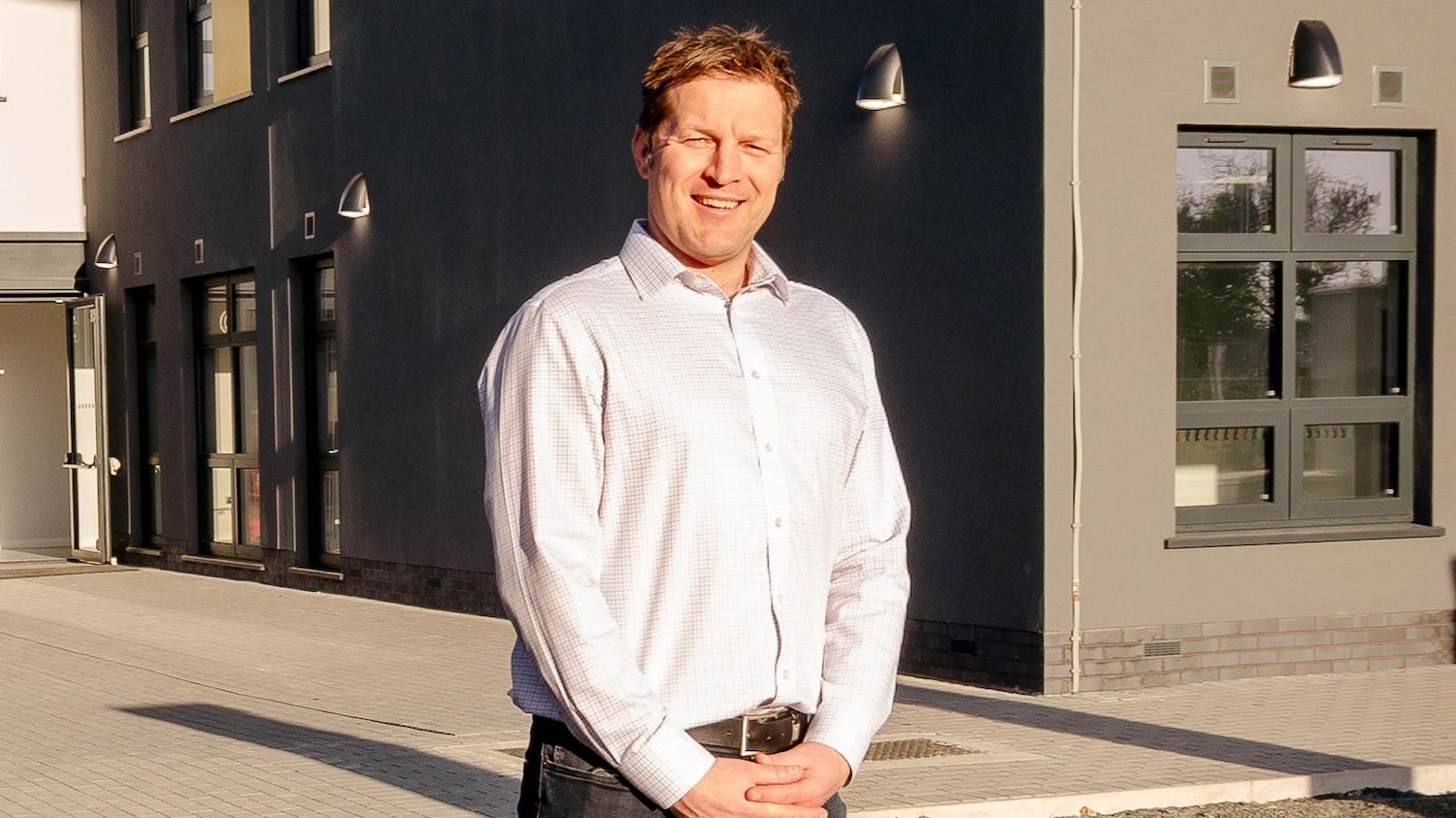
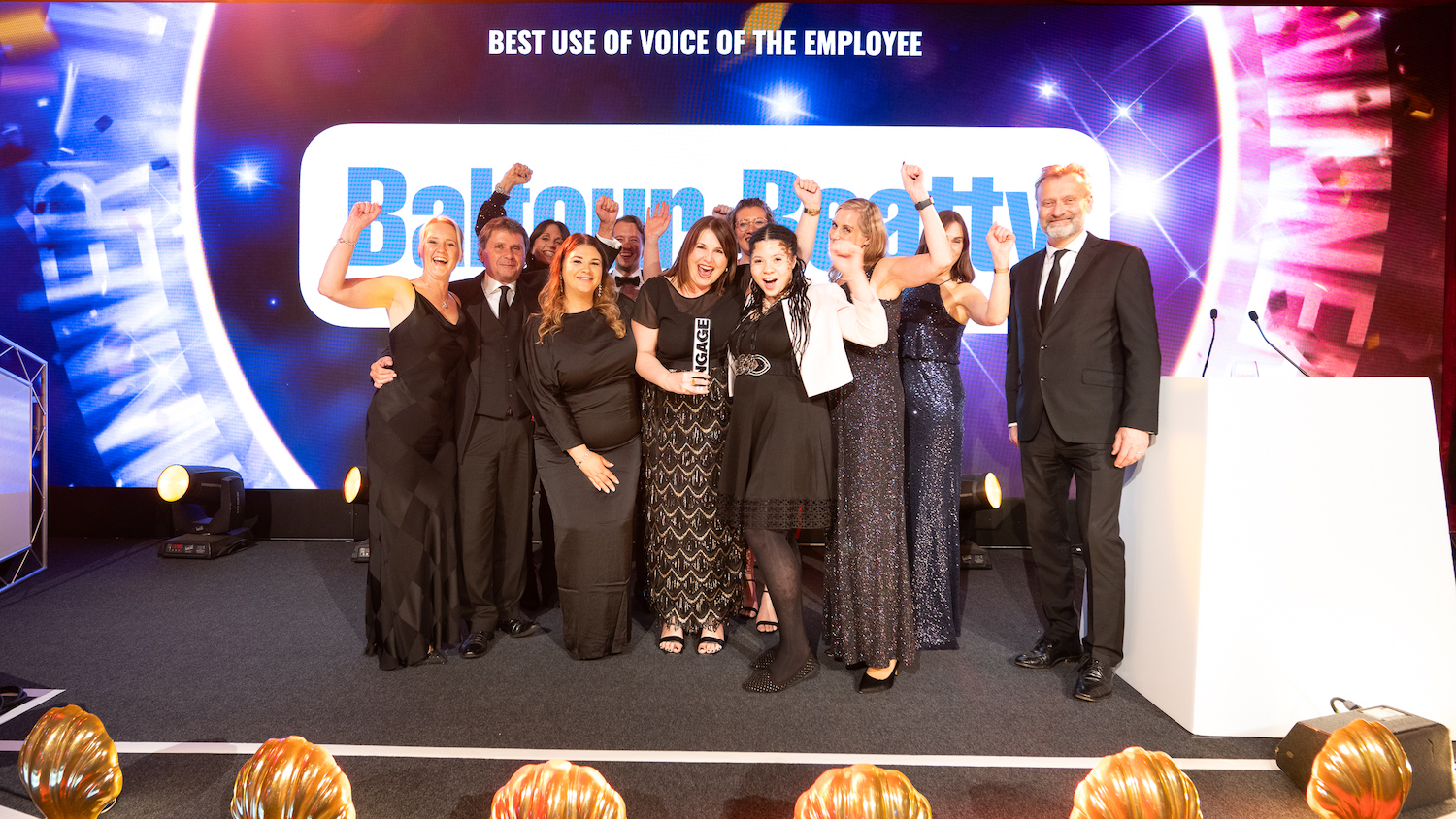
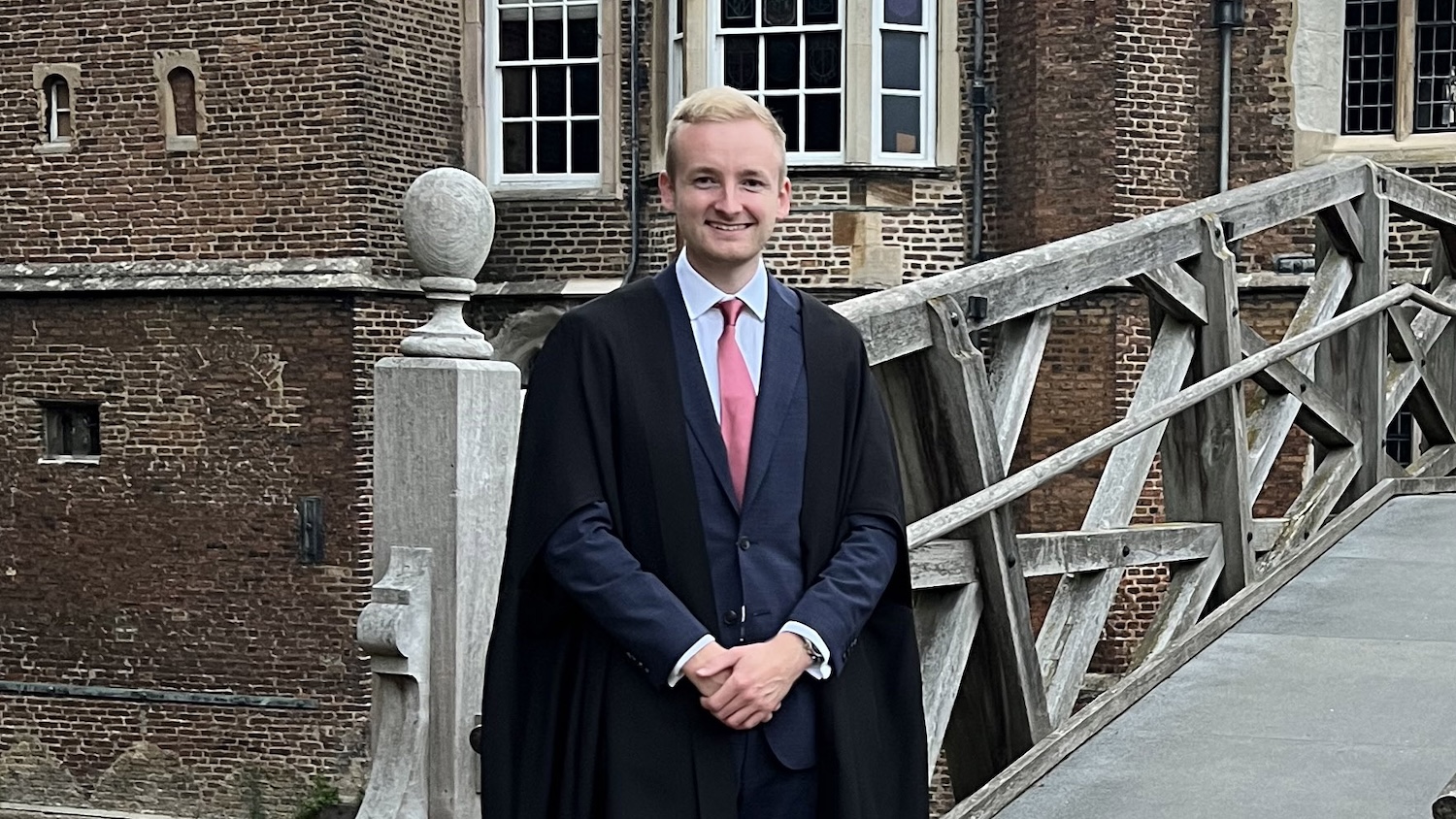

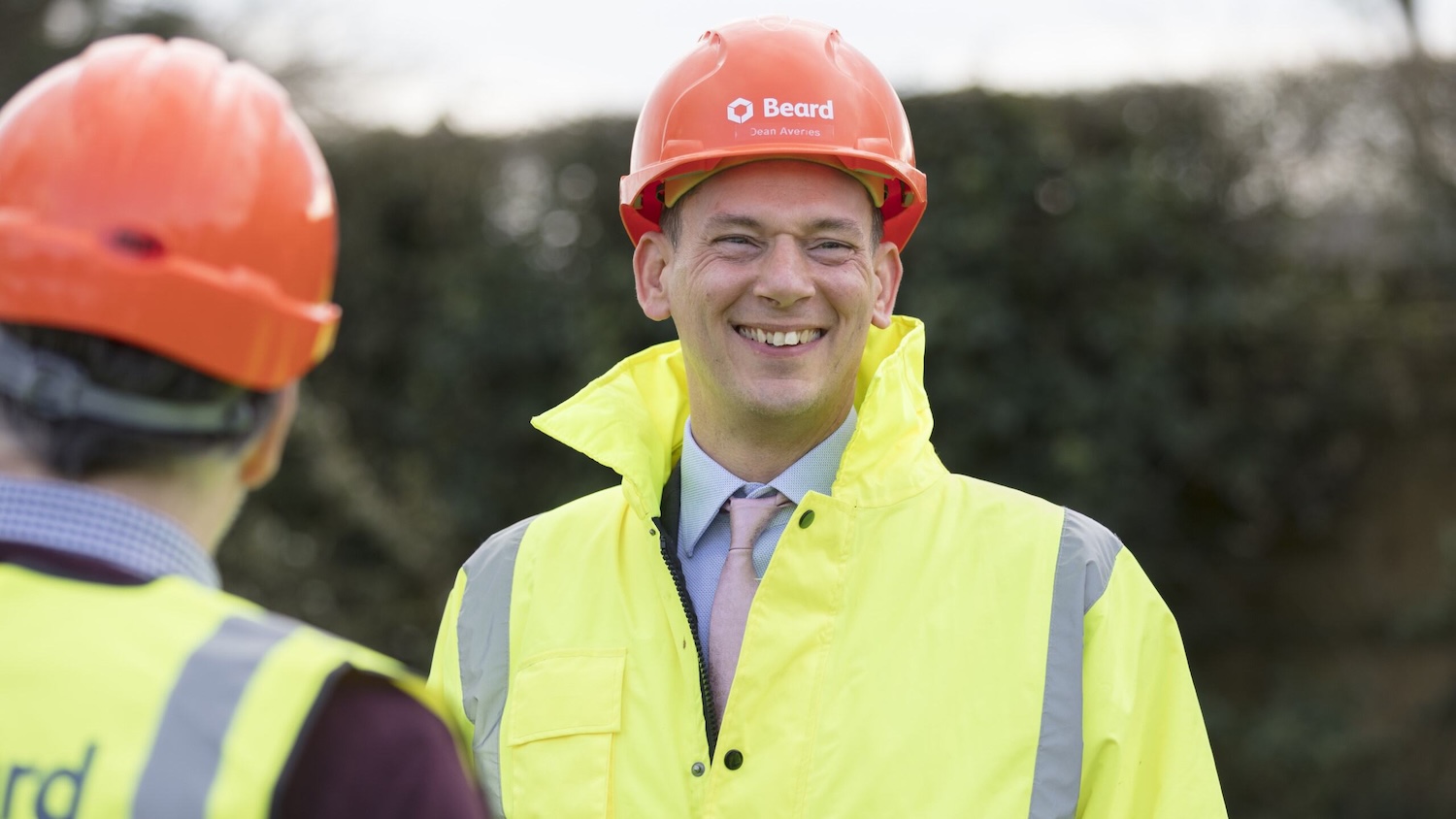
This is a great post
It kind of reflects my experience from the 80’s and 32 years at RGB
We are not in the same league as Ryder but I’m similarly proud of our growth and success and involvement in many great and award winning projects.